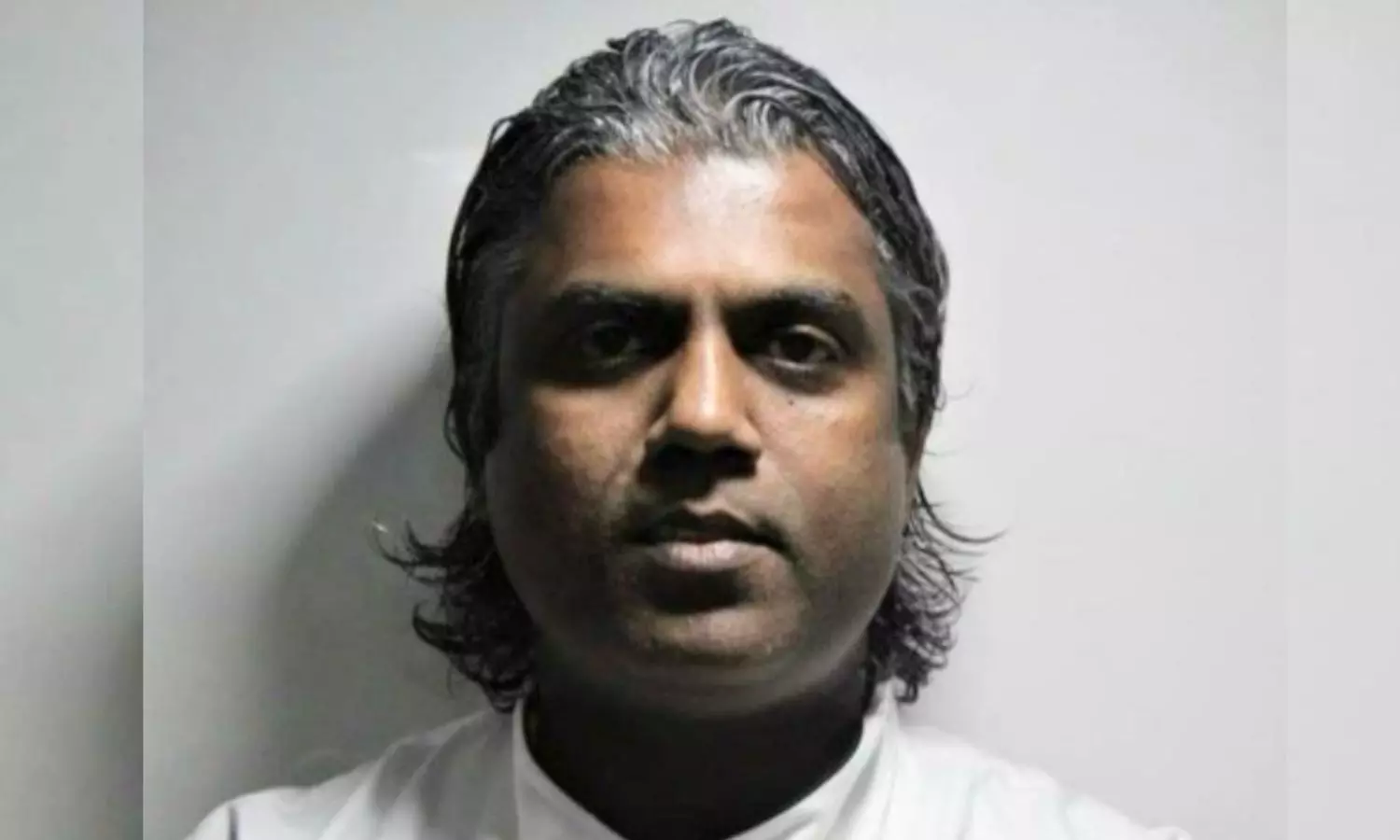Melting Kebabs, Honest Curries: The Culinary Soul of Pullman Chennai
What sets the food at Pullman Chennai apart? Chef Deepak Dandge reveals it all in an exclusive conversation with Deccan Chronicle

Deepak Dandge (Photo By Arrangement)
At Pullman Chennai Anna Salai, food isn’t just about flavour—it’s about soul, authenticity, and the uncompromising pursuit of the right ingredients. Director of Culinary Deepak Dandge walks us through what makes the culinary experience at Pullman Chennai so distinctive—whether it’s Dal Makhani, mango-infused fish curry, or that elusive taste of Vada Pav that’s hard to replicate.
Take the khubani kebab, for instance. “It’s filled with cheese, yogurt, onions and it just melts in your mouth. That’s what it should do,” says Deepak. Then there’s their signature Dal Makhani. “There’s a very key ingredient we use. People say it’s too buttery and rich, but I say, that’s how Dal Makhani is meant to be!”
Every detail, down to the tomatoes in the dal, is deliberate. “We use around 300 grams of tomato puree for every kilo of dal, and that too from Punjab—mainland tomatoes. That’s where the richness comes from.”
At Up North, the hotel’s North Indian specialty restaurant, butter chicken is a favourite, slightly sweetened with honey. “Same goes with the Paneer Makhani,” he adds. “And the kebabs—oh, they are good! The portion sizes are generous but we have added small plates too, especially for younger guests who prefer to try more without over-ordering.”
At Mercato, Pullman’s all-day diner, things get even more interesting. While the roots are Mediterranean, the vibe is refreshingly modern. “It’s progressive, plating-wise. For instance, our Chicken 65 and Paneer 65 are very Andhra-style, tossed with raw onions after frying. But we don’t just put food in a bowl and serve—we believe in individual portions. One plate, one person,” notes Deepak.
The buffet, too, is designed with intention. “We don’t use big chafing dishes. We keep it compact—kadhais, handi, coco pans—and plan it based on reservations. It helps reduce wastage. Starters are always a hit, so we focus on them and keep the counters live. Guests can see what’s being made, request tweaks, talk to the chefs. That’s the experience.”
There’s plenty of thought behind the sourcing as well. “Our goat meat is male goat—there’s a reason behind it. I have done 12 Muslim weddings here, and I told guests, don’t order food from outside. If you don’t get what you need, we will make it. That’s the confidence we have because we know what quality we are sourcing.”
Sometimes, though, it’s not just about effort—it’s also about geography. “I tried making Vada Pav here. Promised someone Iwould make it. But it just didn’t taste the same. The chutney, the bread—it’s different in Mumbai. That’s the truth. You can’t fake ingredients.”
Even their South Indian fare reflects this respect for flavour. “We use our own ground masalas—Chettinad spice mixes, chilli pastes. Our Mango Fish Curry, with raw mango and fresh coconut milk, served with dosa—guests from abroad especially love it.”
From the local most loved ghee in podi dosas to kachri and paan ki jad from the North, the menu is a masterclass in sourcing. “We have even done black truffle kadhi for special events,” Deepak smiles. “Yes, it’s expensive—but it’s worth it. That’s what makes all the difference.”
And that’s the secret—nothing fancy, no gimmicks. Just honesty, quality, and knowing that in food, the little things matter most.
( Source : Deccan Chronicle )
Next Story

